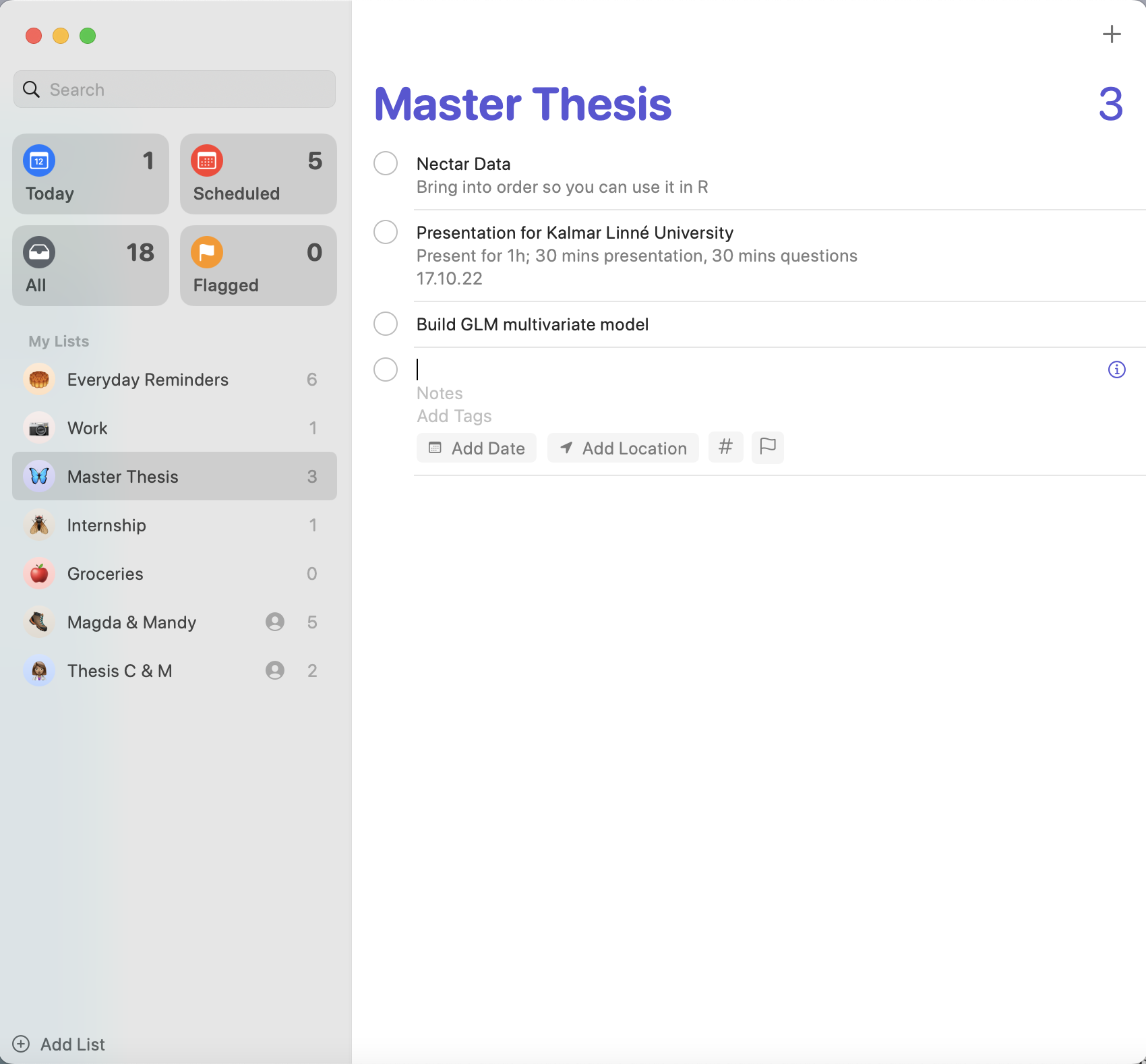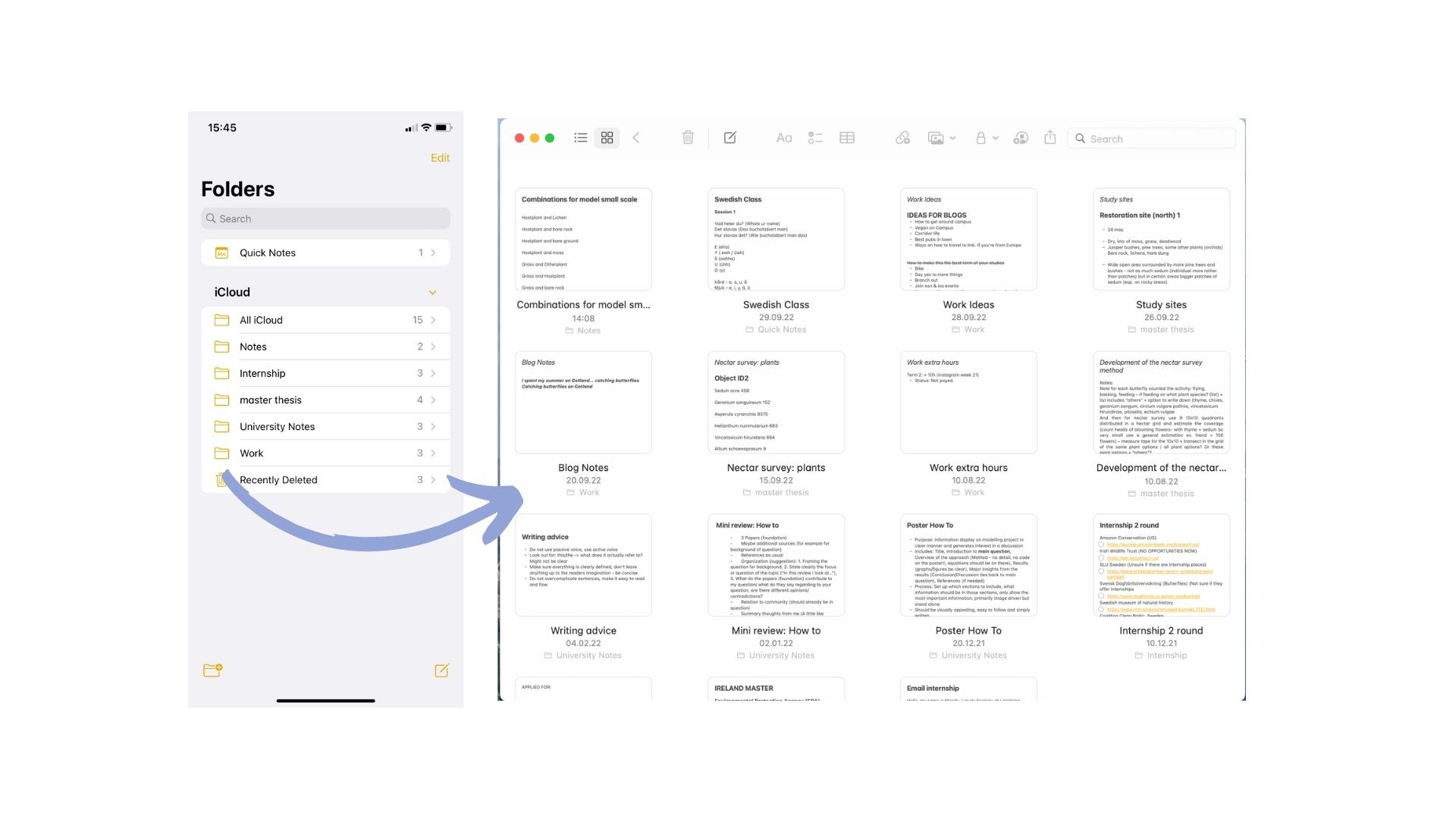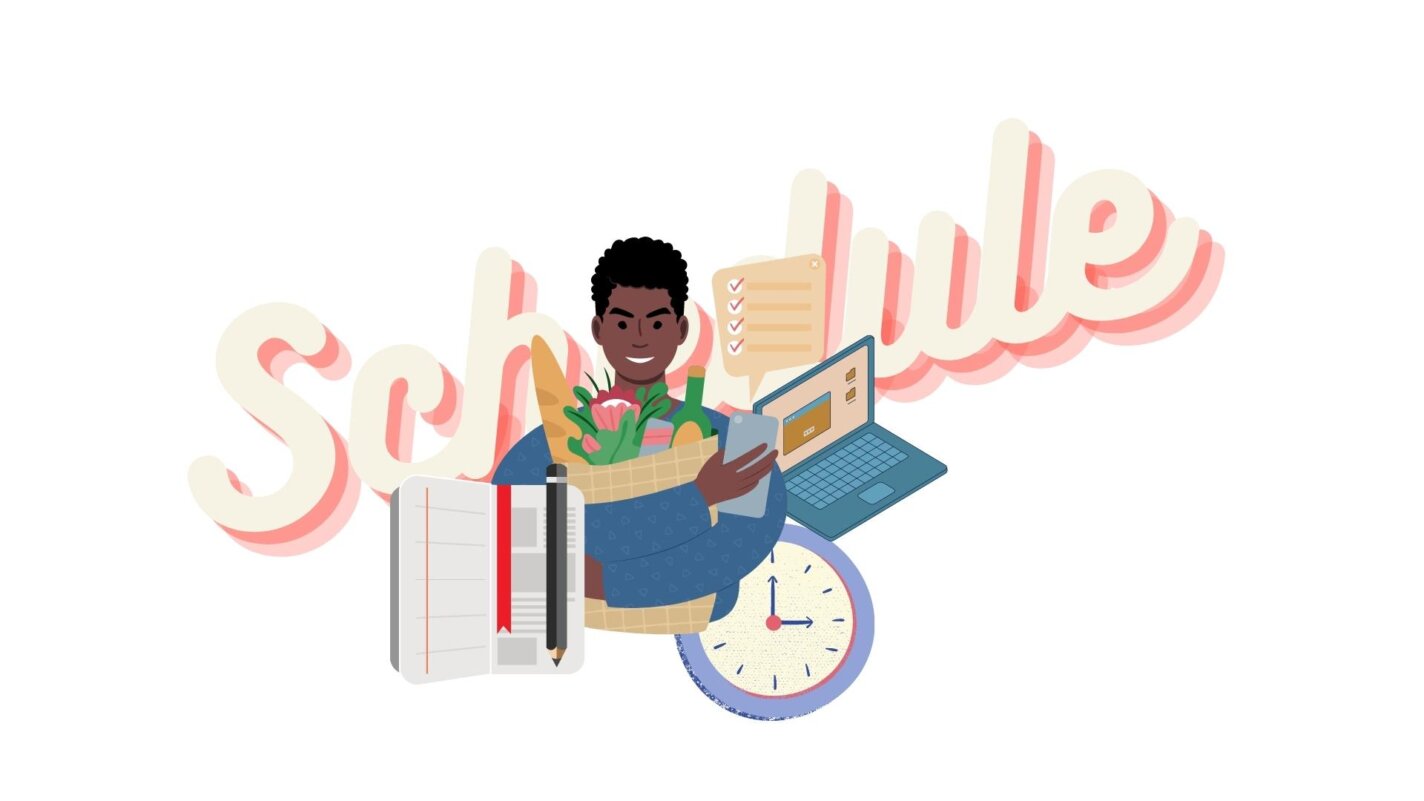October 17, 2022
How I schedule and organise my week
Welcome back, dear readers, today is all about time planning and organisation. Personally, I tend to get overwhelmed by tasks and deadlines. The fact that I also procrastinate like crazy has always made for a stressful life where I miss out on fun experiences for fear of not getting something done. Over the past year, however, I have become quite good at scheduling all my tasks so that I had time for a part-time job and many enjoyable experiences with friends, as well as time for myself, without my academic performance suffering.
All of this has a lot to do with motivation and attitude, of course, but I think a big part of it is also timing.
One of the most important things for me was to get out of my head! I used to list all the tasks in my head or write down deadlines in random places, and that caused so much unnecessary stress. I know the easiest solution is to write things down in a planner – and that was a good first step, but I’m a very visual person so it bothered me incredibly when I didn’t like how my planner looked, i.e. if it was messy, my thoughts were messy too and I didn’t have a quick overview of things.
So my reminder and calendar apps became my best friends. I use Apple products, but there are pretty much the same apps for Windows that just work or look a little different. I started dividing my reminder app into different categories where I created different lists for all the categories in my life. I have lists for everyday reminders, my job, my thesis, my internship etc etc. Every time something new comes up in any category, like a meeting with my thesis supervisor or a question I want to ask my thesis supervisor, I immediately enter it in my reminder app with a date and more information in the notes section. This seems very trivial, but has helped me so much to let go of things in my head, because I know I have all things well organised in one place, together with extra information, deadlines and huge plus: it is very aesthetically pleasing.
I usually use my reminder app together with my calendar. So I don’t just enter tasks in my reminder app, but also in my calendar to get a better overview of the appointments during the month. The reminder app has worked so well for me that I now even have shared lists with friends where we can all enter things. The first thing I do when I sit down to in the morning to work is check my reminders app, and I will know exactly what I have to get done in a day / what kind of tasks I will have to complete throughout the week. A tip: Swedes like to use week numbers (e.g. week 42) – you can add week numbers to your calendar, then you have an even better overview.

One app that is great for such purposes is Notion. You can use Notion very creatively and add schedules and notes to your to-do lists. The app is very popular with students and I am currently trying to use it as well, as it has a lot of potential.
I also try to keep my desktop tidy and organised to avoid confusion and wasting time searching for documents. I also really like to use my notes app to keep things tidy. Similar to my Reminders app, I have different folders for pretty much all categories of my life :D. I try to title the notes so that it’s immediately obvious what they’re about, and I use different fonts and sizes to make the notes more aesthetically pleasing and easier to use. Sometimes you just have to make your brain enjoy productive work :D.

When you plan a day or a week, make sure that you also set aside enough time to complete tasks. It’s easy to get overzealous and take on too much. This will only lead to frustration and stress because you will have to postpone the work you can’t do to other days that are probably already full, and you may miss out on time that you could have spent with friends.
Another thing I have started to do here in Sweden is to set stricter working hours. Most of the students on my course are Swedish and I quickly learned that they stick to pretty strict working hours. Usually this was from 08:15 to 16:00 or 17:00. They also strictly adhered to the one-hour lunch break. And they usually took weekends off. This doesn’t sound so crazy now, but for me as an international student it was quite new. I was used to working late into the evening and studying a lot on the weekends. But when I came here, I wanted to use the weekends to explore Sweden and make new friends, and in the evenings I wanted to participate in student events and so on. So I started to stick to the “Swedish” working hours and I noticed that the quality of my work didn’t suffer at all. On the contrary, I got good grades and feedback, was able to complete tasks on time and work with concentration. I realised that by keeping stricter working hours, I was less inclined to procrastinate and could use my time much more efficiently. I wouldn’t really go on my phone anymore while working either. And the best thing, once I got home from uni I was done with my work and could enjoy my free time. Of course, there were sometimes weeks when the workload was very high and I had to spend some extra hours on it at the weekend, or when I wrote some blogs for work at the weekend, but overall I have more free time now and a much better work-life balance. It also makes studying a lot more fun and exciting.
I would say these are the main things I do to organise my academic work, my social time and my part-time job. I hope you have had a great experience with your studies at LiU so far and that you are not struggling too much with your workload! I send you lots of motivation for your upcoming tasks and see you soon!!!! //M.
____________________________________________________________________________________________________
Why don’t continue the conversation with us?
Start with checking out:
Our programmes, the application process, webinars, and our Instagram and Facebook account.
Still left wanting more?
Book an appointment with our recruitment coordinator at infocenter@liu.se.




